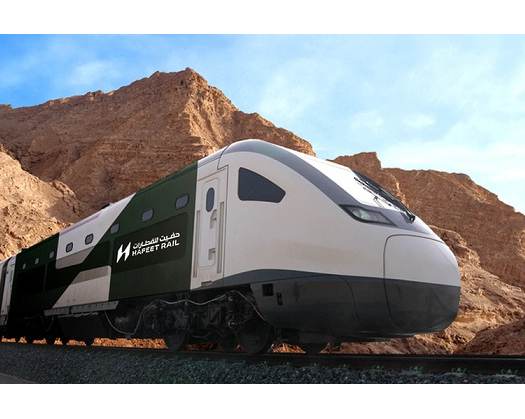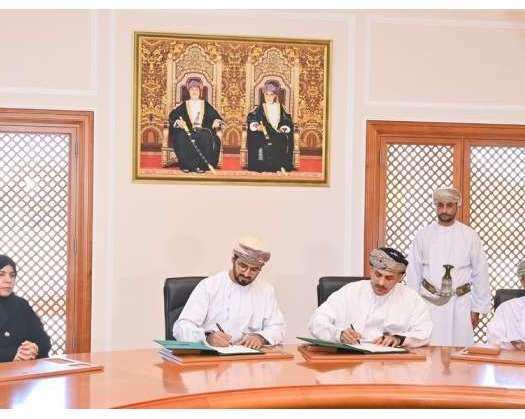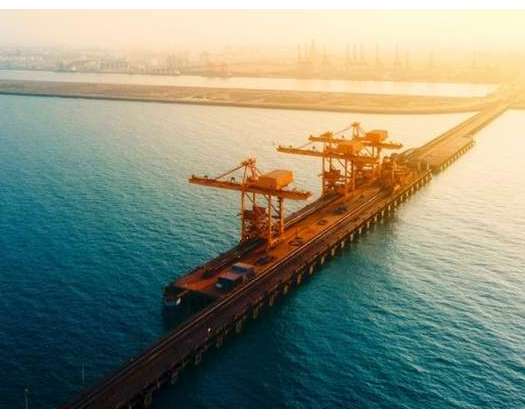MUSCAT: Oman's determination to revamp its transportation sector is gaining traction as efforts progress on two significant projects—the Muscat Metro system and the Hafeet Rail connection linking Oman with the UAE. These ventures, vital to the Sultanate's long-term transportation aims, were prominently featured in conversations during the Oman-France Rail & Mobility Day that took place in Muscat on Tuesday.
Aligned with Oman Vision 2040 and the Transport and Logistics Strategy (2021–2025), the Sultanate has pledged over US$4 billion in recent years to enhance its infrastructure, reshaping how people and goods navigate across the nation.
Currently in the feasibility phase, the Muscat Metro initiative is set to create a 50-kilometre network comprising 36 stations throughout the capital. When it begins operations, this will mark the debut of an urban rail system in Oman, substantially reducing congestion in the capital while encouraging more sustainable travel options.
The metro aims to accommodate Muscat’s increasing population and ongoing urban expansion, serving as a crucial component of the city’s future transportation framework by connecting essential residential, business, and transport hubs.
Progress is also being made on the Hafeet Rail Project, a railway crossing borders to link Oman with the United Arab Emirates. This line promises to enhance the movement of cargo and travelers between economic areas in both nations, fostering trade and enhancing regional cooperation.
With sustainability as a priority, both projects emphasize multimodal connectivity and align with the Sultanate's larger logistics and economic objectives. Concurrently, Oman is investing in modernizing its public transportation networks with the introduction of electric buses, better service integration, and improved transit facilities—crucial factors in transitioning to more environmentally friendly mobility solutions.
Support from French expertise facilitates Oman’s ambitions
While the emphasis is placed on Oman's strategic objectives, the gathering also highlighted the importance of global collaborations. The Oman-France Rail & Mobility Day was organized by Business France with assistance from the French Embassy in Oman, uniting significant Omani entities such as Mwasalat, ASYAD, and the Oman Chamber of Commerce alongside 13 French firms offering advancements in railway engineering, urban mobility, safety technologies, and digital infrastructure.
The event kicked off with remarks by Luciano Rispoli, the deputy head of mission at the French Embassy to Oman, emphasizing the strengthening partnership between the two countries and their joint resolve to establish a sustainable mobility framework for the region.
Among the participants, Dassault Systèmes introduced simulation tools aimed at optimizing metro and rail systems. VINCI Construction Grands Projets and RATP Dev shared insights regarding large-scale project implementation and public transport functions, while other companies like Apave, Codra, OXYSIGN, and Saarstahl Rail demonstrated technologies for maintenance, signage, and security.
As Oman advances its rail and mobility initiatives, the Muscat Metro and Hafeet Rail projects emerge as pivotal elements of a more intelligent and environmentally friendly transportation future. With planning and technical foundations already in progress and support from specialized international partners, these efforts signify Oman's earnest commitment to becoming a leader in sustainable mobility and regional interconnectivity.












